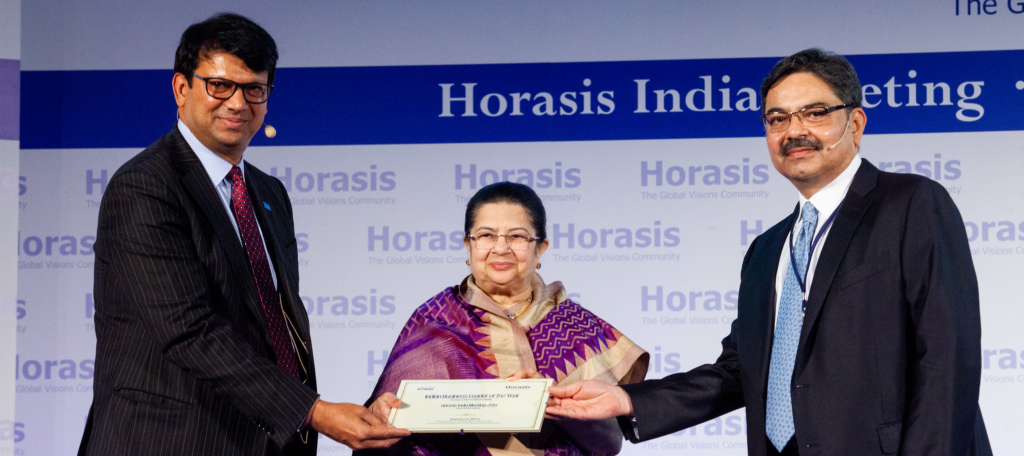In 2013 studies on Nigeria by Unicef showed that adult illiteracy rates reached just under 50%.
While The Executive Secretary of the National Commission for Mass Literacy Education, Jibrin Paiko, blames political will for the high illiteracy rate, entrepreneurs have decided to take things into their own hands.
Nathaniel Okwoli, Hassan Abdulganiu and Success Audu launched Booklify in July 2017.
The startup’s web page not only acts as a bookstore, but also a community platform for booklovers, encouraging users to read, write and discuss books.
“‘Nigerians do not read’ is a cliché. Books have always been written but we have been accused of having a poor reading culture. However, the problem lies not with the stereotypical Nigerian but the fact that we lack a community built around book lovers. The need to build a community to change this narrative is our mission,” said Okwoli to Techpoint Nigeria.
The website’s platform encourages aspiring writers to upload their books onto the store. Other features allow users to follow their favorite authors, write up book reviews, capture quotes and even start reading clubs\groups.
“Most Nigerian Authors find valuable a platform that they can publish their books, with efficient distribution and promotion of the books to a wider audience of readers. The social component of Booklify makes this achievable for authors,” said Okwoli.
While Booklify provides a great service to the literate population, an article from Vanguard Nigeria warns about the dangers of the some 65 million of whom are illiterate.
The passage points out that one of the greatest challenges facing getting kids to love reading, is the fact that there are 35 million illiterate adults who aren’t encouraging them.
Dangers of illiteracy discussed include poverty, facing a lifetime marred by poor health and social vulnerability. However, the nation’s epidemic also affects workplace productivity, unemployment rates and even national GDP.
The article’s author pleads governments and lawmakers to provide schools with the tools that will help end the issue, like books, libraries and well-trained educators.
Hopefully, with the rise of Booklify and other entrepreneurial ventures to encourage reading, we could see a bump in the nation’s literacy rate in the near future.











